Kalaripayattu, a martial art deeply rooted in Kerala’s heritage, boasts a history spanning over thirty-five centuries, cherished within the sacred tradition of Guru-Shisya (teacher-disciple) traditions. This ancient practice, renowned as the ‘mother of all martial arts,’ seamlessly intertwines combat techniques with healing methods, embodying a holistic approach to self-defense, health and Ayurvedic medicine.
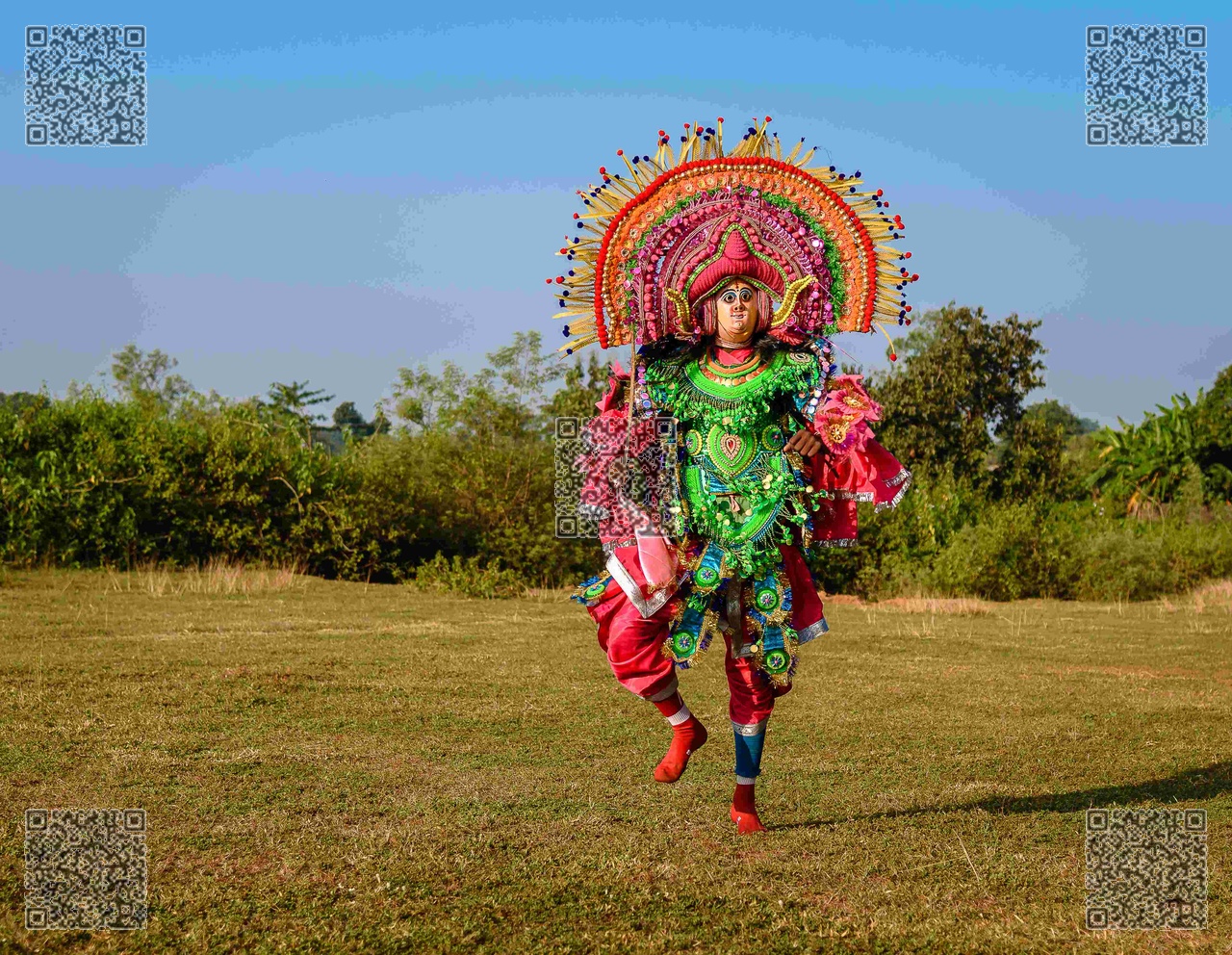
At its core lies the mythological narrative of Parasurama, the sixth incarnation of Vishnu, who answered Mother Earth’s call to rid the world of oppressive rulers. He armed himself with celestial weapons with the blessings of lord Shiva to conquer adversaries. The story of Parasurama’s revenge begins with his father, Jamadagni, a revered sage and descendant of the sage Bhrigu. Jamadagni possessed a divine cow called Kamadhenu, capable of providing unlimited resources. The king of the Haihaya dynasty, Kartavirya Arjuna, coveted this cow and attempted to seize it by force.
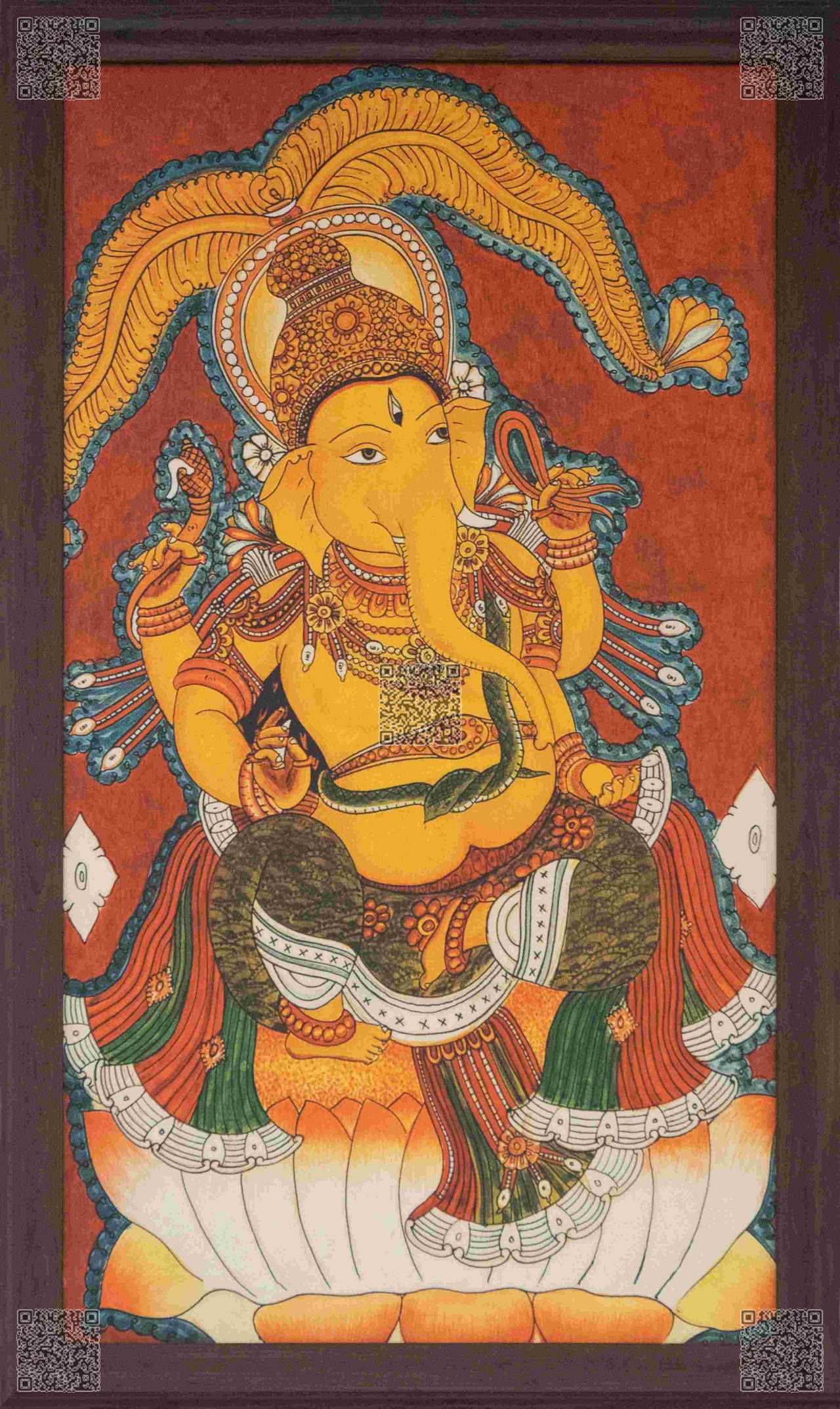
Jamadagni refused to part with Kamadhenu, prompting Kartavirya Arjuna and his army to attack the sage’s hermitage. In the ensuing confrontation, Kartavirya Arjuna’s men killed Jamadagni in cold blood. Parasurama, witnessing his father’s murder, was consumed by grief and rage.
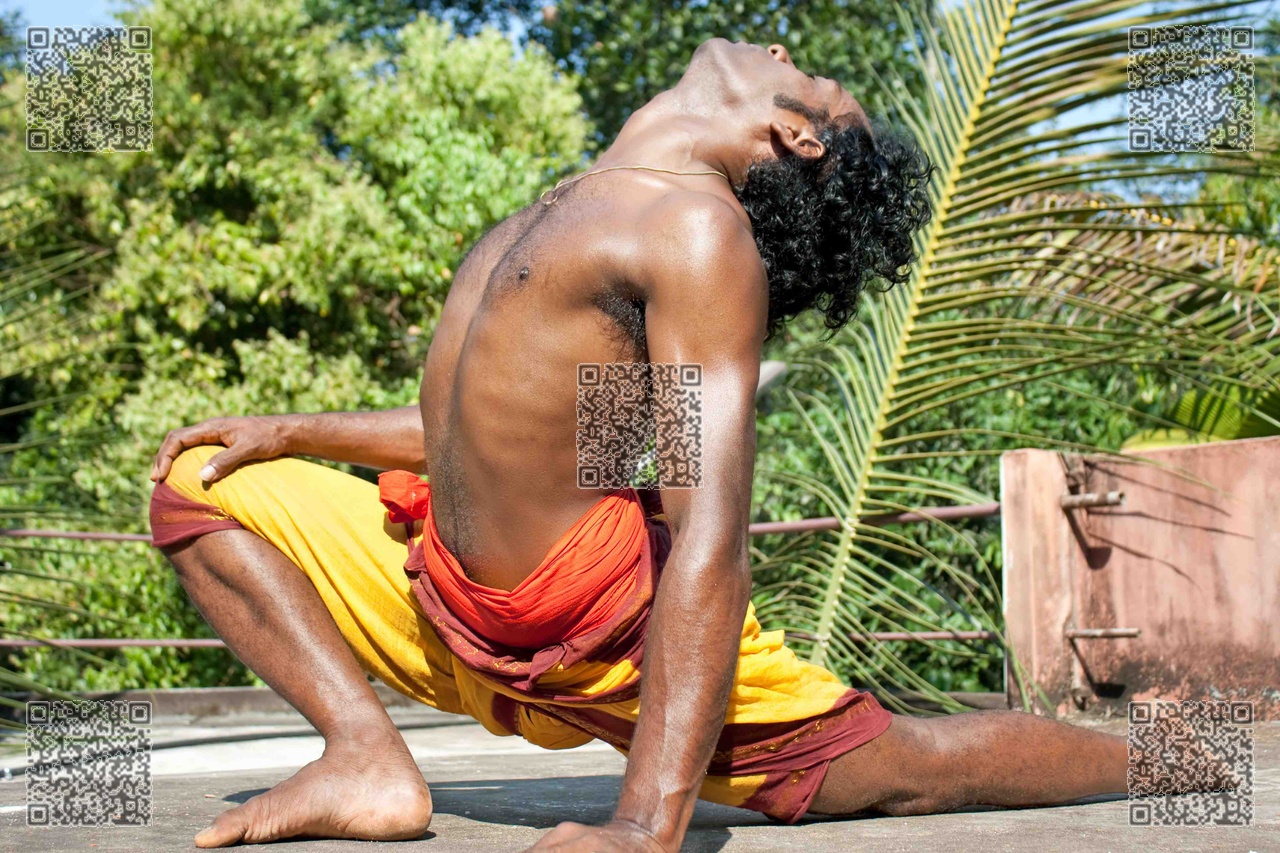
Determined to avenge his father’s death and uphold the principles of righteousness (dharma), Parasurama embarked on a relentless quest for vengeance. Armed with his axe, gifted to him by Lord Shiva, Parasurama waged a fierce war against Kartavirya Arjuna and his allies.
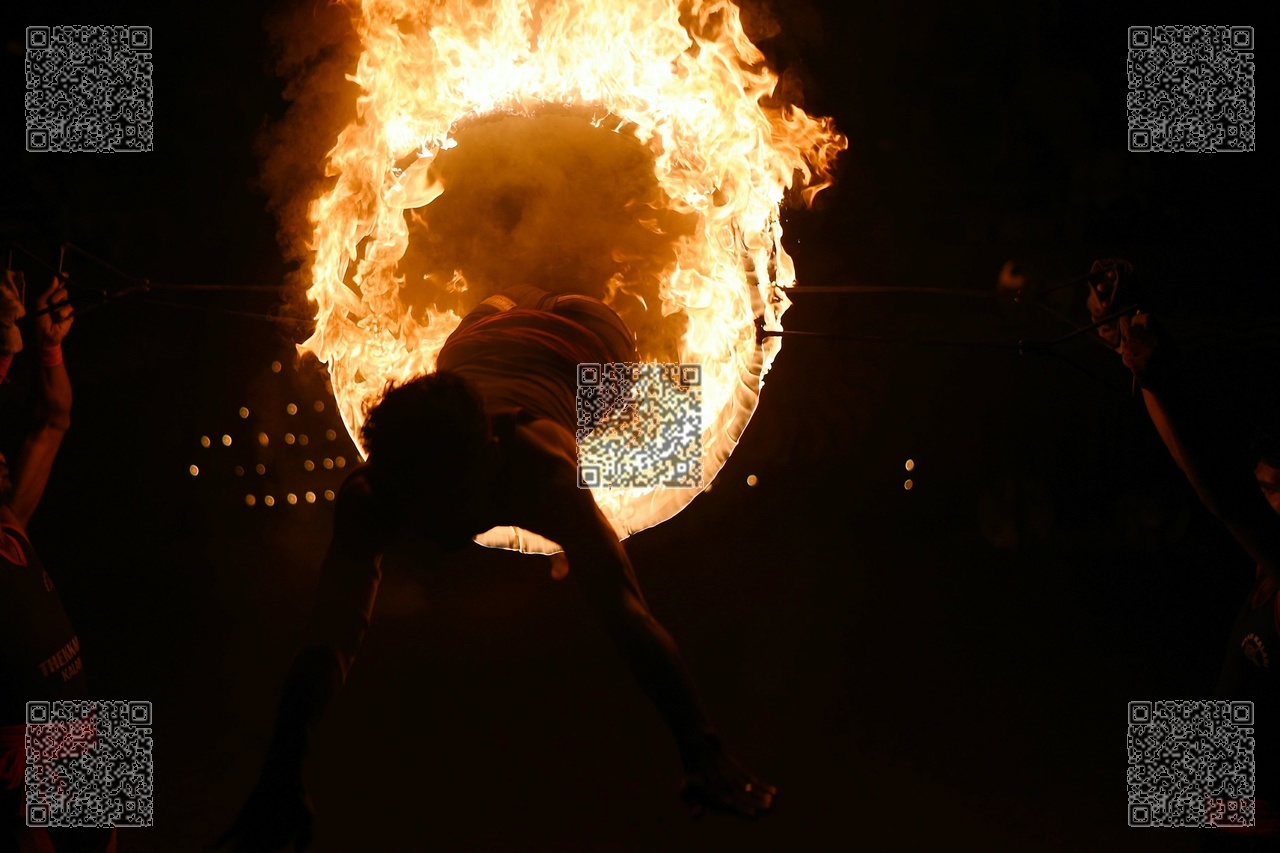
Parasurama’s wrath knew no bounds as he single-handedly defeated Kartavirya Arjuna and his army in a series of fierce battles. In a climactic showdown, Parasurama confronted Kartavirya Arjuna and, wielding his axe with unmatched skill, vanquished the arrogant king, avenging his father’s murder.
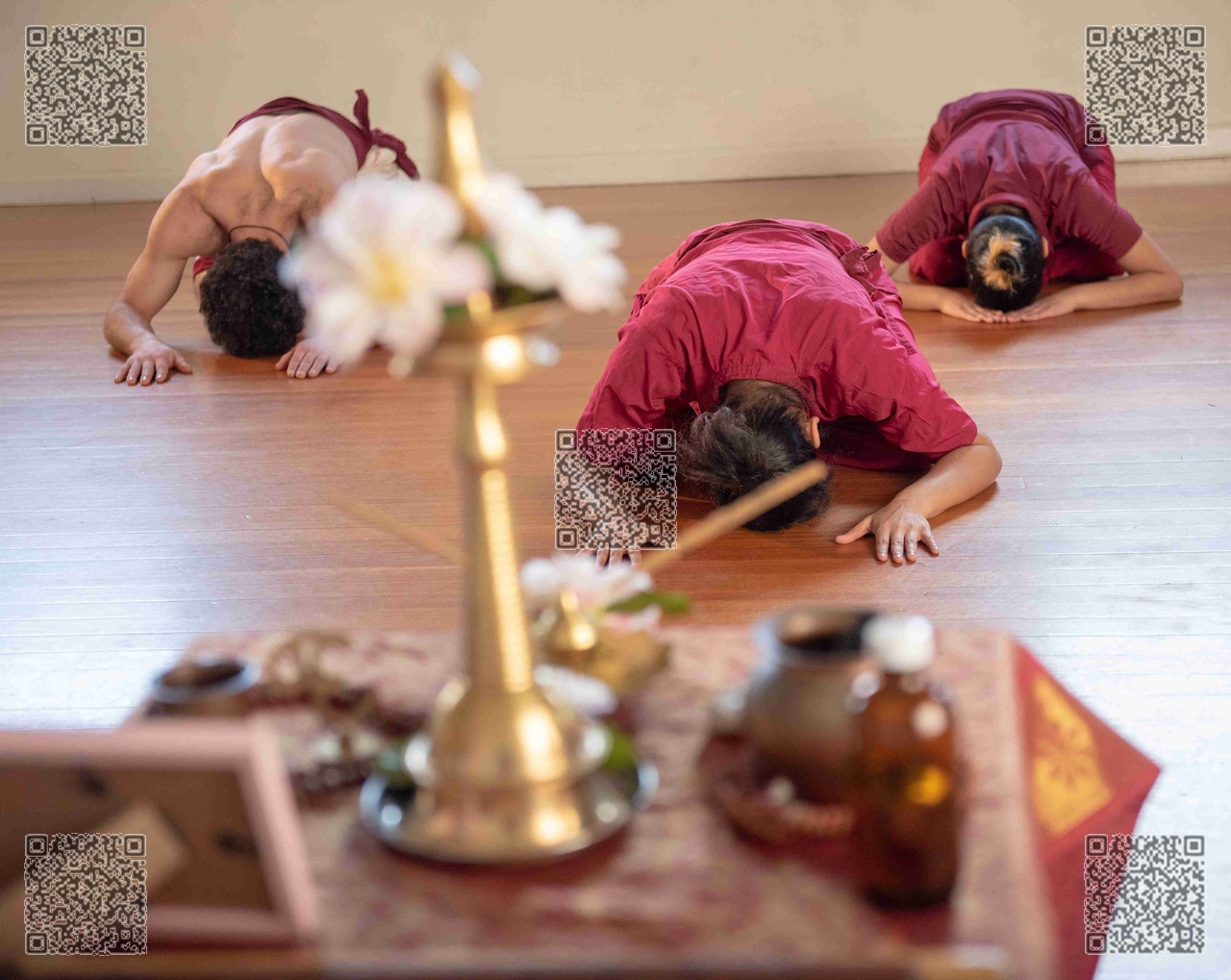
With Kartavirya Arjuna defeated and justice served, Parasurama’s revenge was still not complete. He continued to vanquish Kshatriyas and made a significant progress in humbling the ruling class. However, his saga continued beyond this act of retribution, with his journey marked by numerous feats and adventures, earning him the epithet of the “sixth avatar of Vishnu” and cementing his place in Hindu mythology as a revered figure of valor and righteousness. Following his triumph, Parasurama established Kalaris, sanctuaries where the art of combat was passed down for self-defense, immortalizing Kalaripayattu’s divine origins in Malayalam songs.
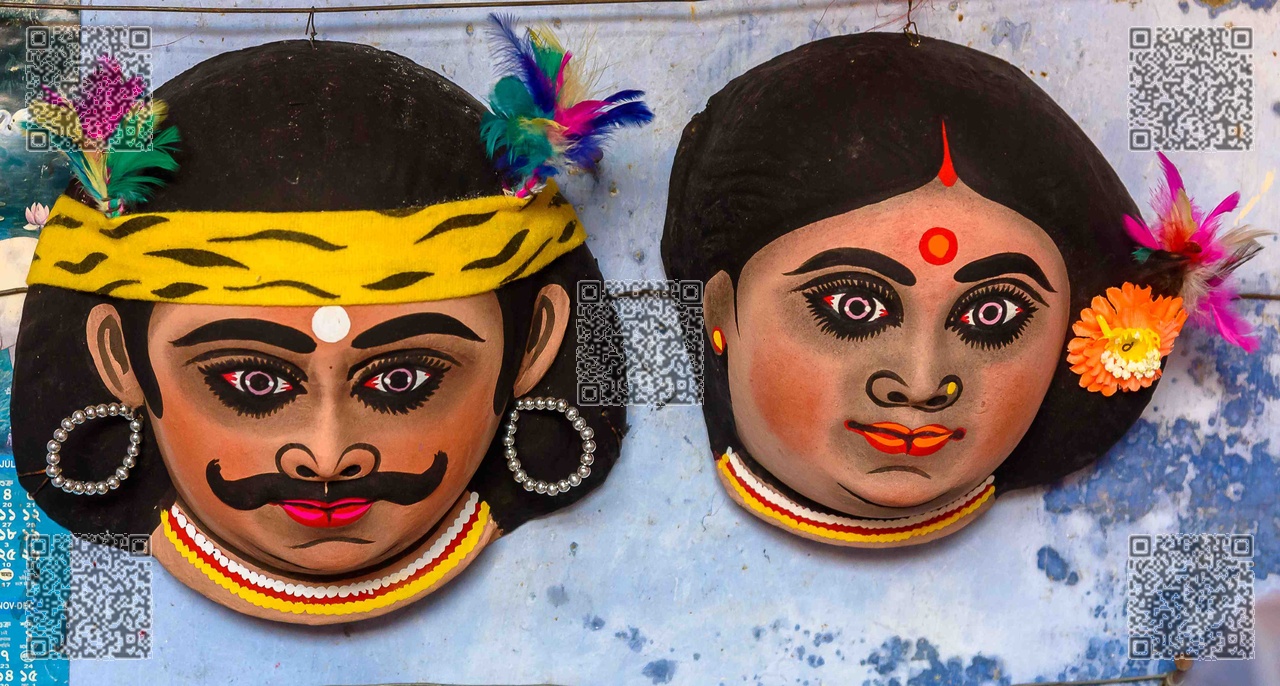
Beyond mythology, the roots of warfare in Kerala trace back to ancient texts like the Dhanurveda, where treatises such as Vasishta Dhanurveda and Viswamitra Dhanurveda illuminated the science of combat, preserving age-old secrets through generations. Esteemed families like Alummoottil® maintaned this martial prowess.
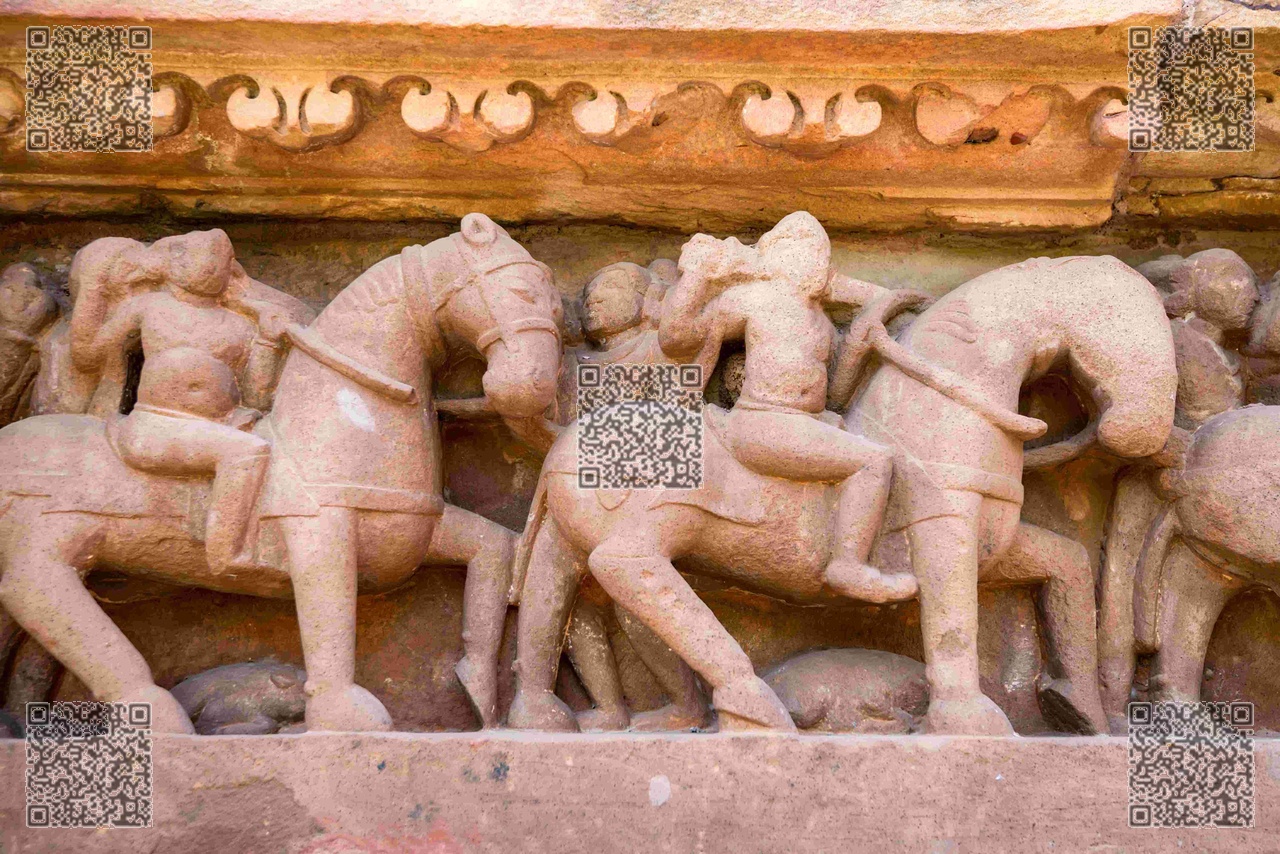
Through Kerala’s ballads from the 16th century, a society deeply ingrained with martial valor emerges, chronicling the heroic exploits of figures like Aringoder and Chandu. Notable among these heroes were the warriors trained in Kalaripayattu, who rose against British rule in the 18th and 19th centuries, including the legendary Alummoottil® Channar.
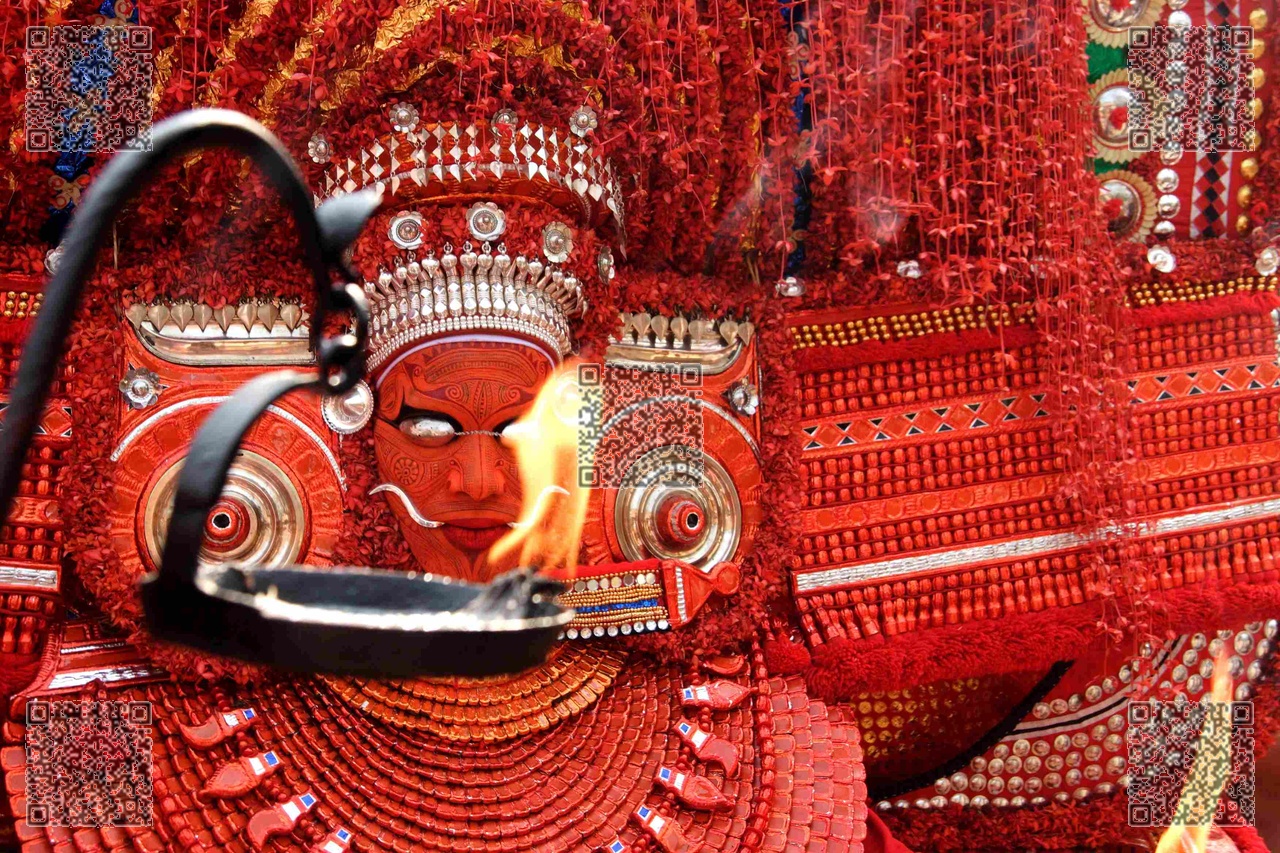
Despite colonial prohibitions, the tradition of Kalaripayattu endured, thanks to the unwavering dedication of Gurus of Alummoottil®, who preserved its teachings against all odds. Their legacy remains a testament to the indomitable spirit of Kerala’s martial tradition, ensuring the survival of Kalaripayattu as a cherished cultural heritage to this day.



